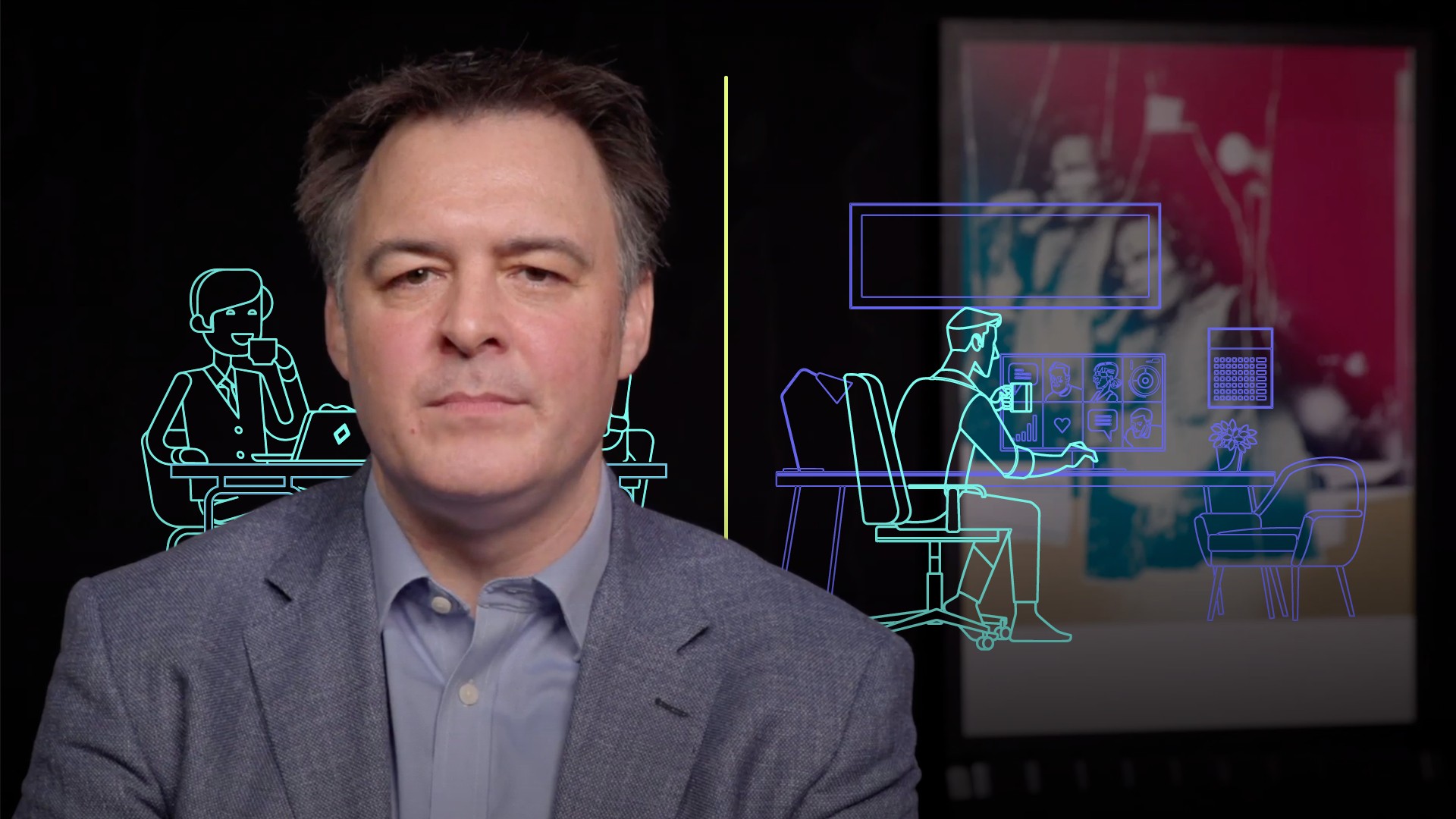
Sustainably Managing Remote Working Teams II

Christian Hunt
25 years: Behavioural science & compliance
In part one of this series Christian highlighted the challenges of managing teams remotely. In this video, he continues delivering his thoughts on how to be a more effective manager of remote working teams.
In part one of this series Christian highlighted the challenges of managing teams remotely. In this video, he continues delivering his thoughts on how to be a more effective manager of remote working teams.
Subscribe to watch
Access this and all of the content on our platform by signing up for a 7-day free trial.

Sustainably Managing Remote Working Teams II
16 mins 27 secs
Key learning objectives:
Identify factors to improve managing of remote workers
Understand and explain each of these factors in depth
Overview:
To overcome the difficulties and challenges of managing remote teams, it’s important to understand what they are, particularly those that relate to how we perceive the situation.
Subscribe to watch
Access this and all of the content on our platform by signing up for a 7-day free trial.
How can managers improve their management of remote workers?
- Be more human - Managers can achieve this through: Acknowledging stress; Listening to employees' anxieties and concerns and empathise with their struggles
- Introduce structure - Being clear about the rules of engagement. Even if the employees know how you operate in the office, it will make life easier for them, if you clarify how you like to work outside it. The other thing that can help is to organise regular check-ins with your team; either collectively or on a one-on-one basis. It is also critical that the meetings follow a consistent pattern, you will need to cancel one or two, but maintaining a daily rhythm is critical
- Embrace flexibility - The downside of the traditional workplace is that it requires people to adhere to specific working patterns; absence is visible, so being present is equated with working on the other hand one of the advantages of working from home is that you can, in many situations, allow your workers more flexibility in how they work
- Trust - Lack of trust on the part of the manager or the organisation is one of the most significant impediments to effective remote working. If you make any of your interactions with your workers feel as if you don't trust them, it won't discourage those who want to do bad things and can cause an adverse reaction in those who are trying to do the right thing
- Encourage social interaction - Finding opportunities for the team to have casual discussions about non-work issues when working remotely can aid in rapport building. The best way to do this is to schedule some time at the start of team calls or virtual meetings for non-work related things
- Promote creativity and serendipity - Find ways to promote creativity and serendipity amongst your team. The first way you can do that is to mix things up a little. Reverse the order of agenda items during a normal team meeting or throw new tasks at them as part of the meeting. Encouraging employees to spend one on one time together, in the way that they would in the office can also be powerful
Subscribe to watch
Access this and all of the content on our platform by signing up for a 7-day free trial.

Christian Hunt
There are no available Videos from "Christian Hunt"





























